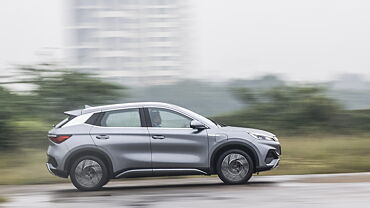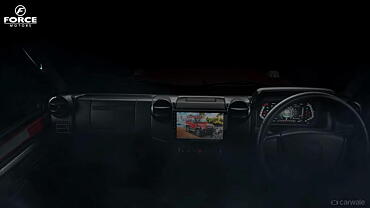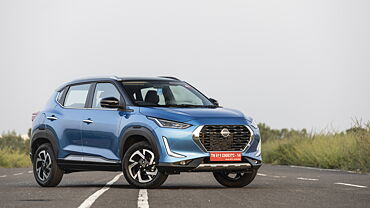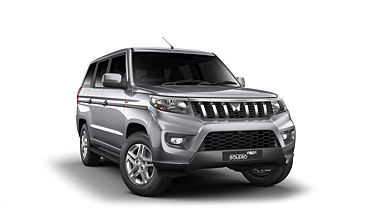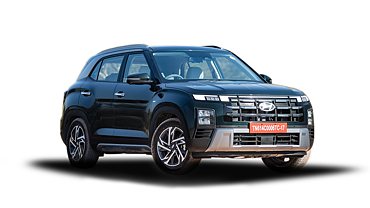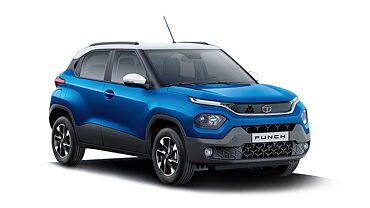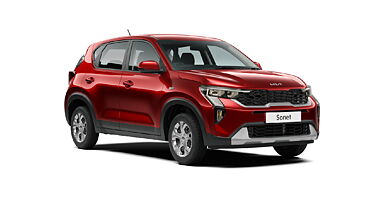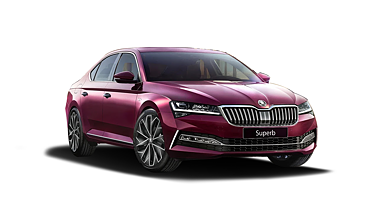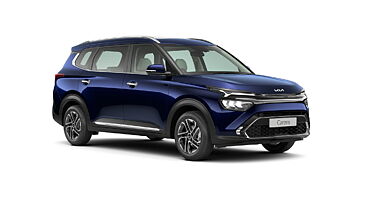India has been a safe haven since past 12 months for most of the auto manufacturers in India. Nearly every auto maker has recorded double digit growth in last calendar year and January 2010 sales had also refused to slow down. However, even if the good times are not over, automakers in India are getting ready for some of the road bumps coming ahead.
The new BS IV emission norms come into effect from April 2010 in 13 cities of India and BS III norms will be applicable in the rest of the cities of the country. Auto makers need to upgrade their models in order to keep their automobiles compliant with new norms which may result in making models pricier in a heavily price sensitive and extremely competitive market.
Apart from the new emission norms, the upcoming Union Budget also pose a threat to make cars pricier. The government is currently planning to roll back 4 percent Cenvat duty cut that it had introduced in December 2008. The new excise duty is expected to be once again 8 percent which will make cars costlier by Rs. 2000 – Rs. 100,000.
The rising steel prices in India also threaten to make cars pricier. Car manufacturers like Tata Motors, Maruti, Hyundai Motors, Mahindra and Mahindra have already increased prices of their new cars once owing to the rising commodity prices. Yet another round of price hike is expected in near future when steel makers increase prices of their cars by at least 5-8 percent.
The last but not the least worries for auto makers is the proposed additional excise duty of Rs. 80,000 on all diesel cars in India - especially passenger vehicles - which will seriously affect sales of diesel cars. “If the government is unable to generate revenue on its own, then it’s unfair to lay down additional excise duty specifically on diesel engines. This will have a very negative impact on sales, as nobody would consider the price differential of close to Rs 200,000 (between the two class of vehicles, petrol and diesel). The government can equalise the prices of both fuels by cutting the subsidy on diesel,” said Pawan Goenka, President, M&M.
All in all, it seems that car makers in India are ready to sacrifice volumes rather than cutting down on their margins.



